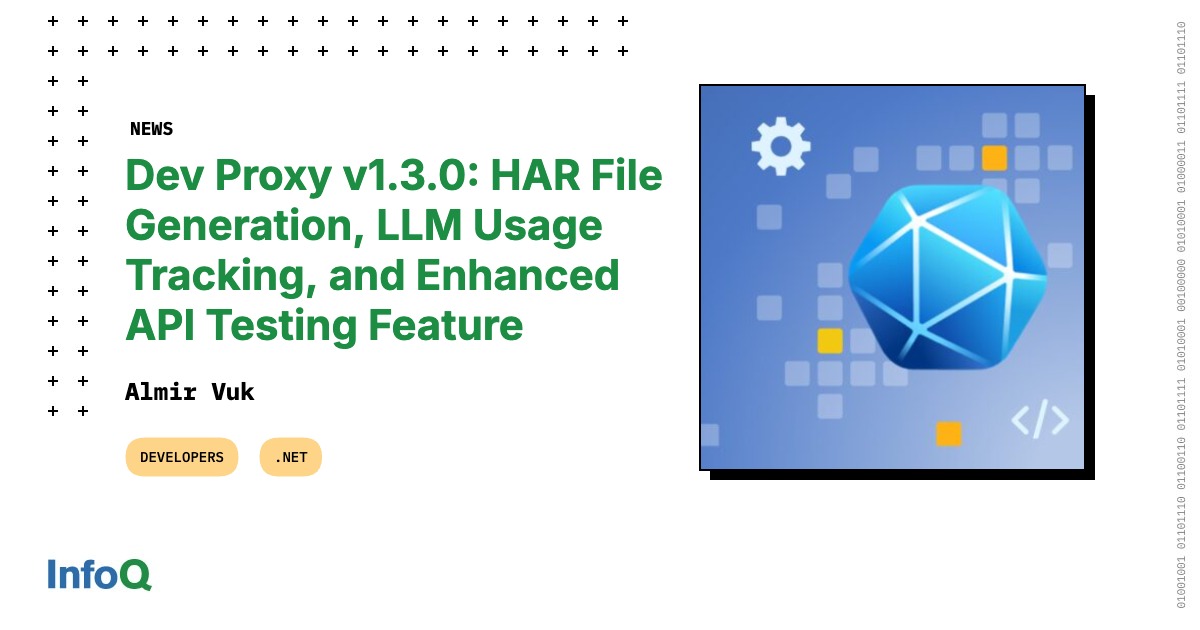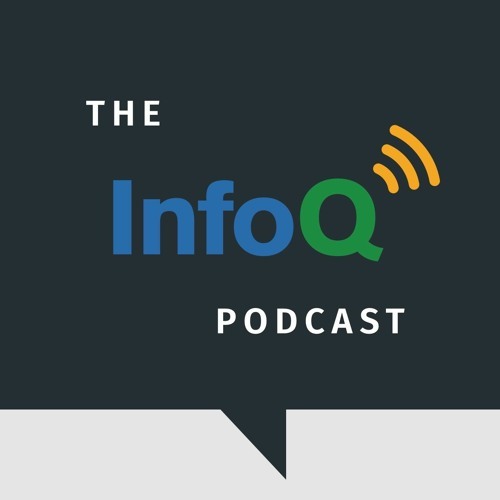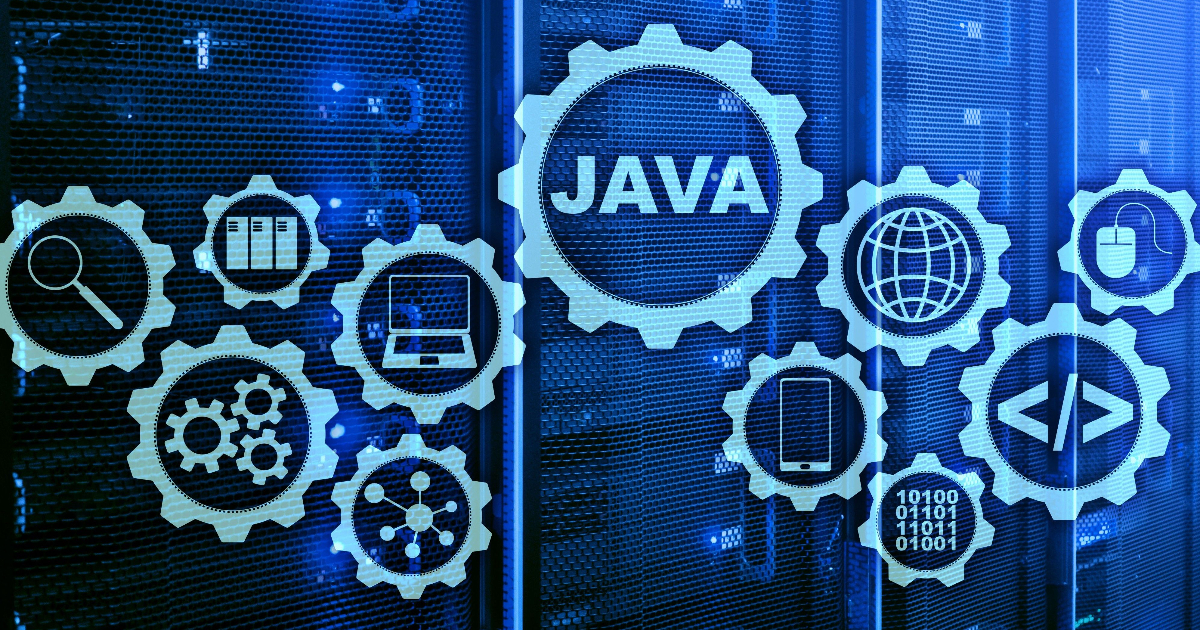Codetown
Codetown ::: a software developer's community
JDK 8 Massive Open and Online Course: Lambdas and Streams Introduction
Are you aware that Oracle is offering a FREE course entitled "JDK 8 Massive Open and Online Course: Lambdas and Streams Introduction"?
Simon Ritter, Manager of the Oracle Java Technology Evangelist team will teach it.
The dates: 14-JUL-2015 03:00:00 PM GMT End Date: 4-AUG-2015 07:00:00 PM GMT
Java SE 8 (JDK 8) introduced a fundamentally new way of programming in Java with the introduction of Lambda expressions.
Lambda provides a simple way to pass functionality as an argument to another method, such as what action should be taken when someone clicks a button, or how to sort a set of names. Lambda expressions enable you to do this, to treat functionality as a method argument, or code as data.
You may have heard about Lambda expressions, and are curious what impact it will have on you as a Java developer.
This course is designed to answer your questions and more.
Have you ever wondered what Lambda expressions are in Java?
Have you ever wanted to write parallel code in Java without worrying about threads and locking?
Have you ever wanted to process collections of data without using loops?
Have you ever wanted to do functional programming in Java?
All of these questions will be answered in this practical hands-on MOOC. This course introduces two major new changes to the Java platform: Lambda expressions and the Stream API.
Unlike a traditional instructor-led event, the course is delivered on-line.
Take this course when you want, where you want, and at your own pace.
Interact with your peers and the instructor panel through the forum.
Each week we will post a new set of course materials:
A series of short, pre-recorded videos provide the "lecture" portion of the course.
A homework project is linked to the video material, and applies what you have learned by working with Lambdas and Streams.
A graded quiz evaluates how well you have grasped the materials and the homework.
Time Comitment:
3 - 4 hours weekly
Course Completion :
Based on successfully completing the course quizzes, you will receive a course completion award, suitable for printing and framing!
Language :
English
Learn To:
Apply Lambdas to everyday problems
Convert anonymous classes to Lambda expressions
Apply the Streams API to solve problems of sorting, identifying the most and least, and reducing duplicates
Determine when to apply Lambdas (and when not to!)
Use Collectors
Improve performance with parallel streams
Debug Lambda expressions
Here's a video describing the course: http://youtu.be/KhwbCmDrXxA
Click here to login and enroll:
https://apexapps.oracle.com/pls/apex/f?p=44785:145:0::::P145_EVENT_...
Comment
-
Comment by Michael Levin on July 6, 2015 at 12:56pm
-
Excellent, Robert! You're welcome. Please spread the word.
-
Comment by Robert L White on July 6, 2015 at 12:39pm
-
Just signed up. Thanks for the heads up.
-
Comment by Michael Levin on July 5, 2015 at 12:56pm
-
Good! Thanks, Pat.
-
Comment by Patrick Garner on July 5, 2015 at 12:48pm
-
I'm enrolled! The enroll link provided in this post did not work for me. The link provided on the YouTube page did work for me. https://www.youtube.com/watch?v=KhwbCmDrXxA
Notes
Welcome to Codetown!
 Codetown is a social network. It's got blogs, forums, groups, personal pages and more! You might think of Codetown as a funky camper van with lots of compartments for your stuff and a great multimedia system, too! Best of all, Codetown has room for all of your friends.
Codetown is a social network. It's got blogs, forums, groups, personal pages and more! You might think of Codetown as a funky camper van with lots of compartments for your stuff and a great multimedia system, too! Best of all, Codetown has room for all of your friends.
Created by Michael Levin Dec 18, 2008 at 6:56pm. Last updated by Michael Levin May 4, 2018.
Looking for Jobs or Staff?
Check out the Codetown Jobs group.
InfoQ Reading List
Presentation: Growing and Cultivating Strong Machine Learning Engineers

Vivek Gupta shares best practices for managing and mentoring ML engineers, from early-career development to senior leadership growth. He breaks down the crucial, distinct skills for Production Machine Learning, including data/model management, building training pipelines, LLM prompt evaluation, privacy/security, and integrating human-in-the-loop processes for reliable, scalable AI systems.
By Vivek GuptaDev Proxy v1.3.0: HAR File Generation, LLM Usage Tracking, and Enhanced API Testing Feature

Release of Dev Proxy v1.3.0, introducing several new features aimed at improving debugging, testing, and API monitoring. The update includes two new plugins, HAR file generation for standardized network tracing and OpenAI usage tracking for better visibility into AI-related costs, along with enhancements to permissions analysis, OpenAPI specification generation, and overall stability.
By Almir VukArticle: Building Resilient Platforms: Insights from Over Twenty Years in Mission-Critical Infrastructure

Building resilient platforms requires understanding the art and science of creating infrastructure that others depend on for critical applications. This perspective applies to anyone who builds software consumed by others at scale. Whether developing infrastructure platforms, software development platforms, or messaging systems, principles address how to build software that others consume at scale
By Matthew ListePodcast: Architecture Should Model the World as It Really Is: A Conversation with Randy Shoup

In this podcast, Michael Stiefel spoke with Randy Shoup about how to evolve your software after a software failure, and how to improve the resilience of your software by modeling transient states using events and workflows. Software failure is inevitable, but learning from failure, including making the necessary changes to organizational culture can make your software more resilient.
By Randy ShoupOpenJDK News Roundup: Vector API, Ahead-of-Time Object Caching, Prepare to Make Final Mean Final

There was a flurry of activity in the OpenJDK ecosystem during the week of November 3, 2025, highlighting three JEPs elevated from Proposed to Target to Targeted and three JEPs elevated from Candidate to Proposed to Target for JDK 26. The proposed release schedule has also been finalized.
By Michael Redlich
© 2025 Created by Michael Levin.
Powered by
![]()
You need to be a member of Codetown to add comments!
Join Codetown